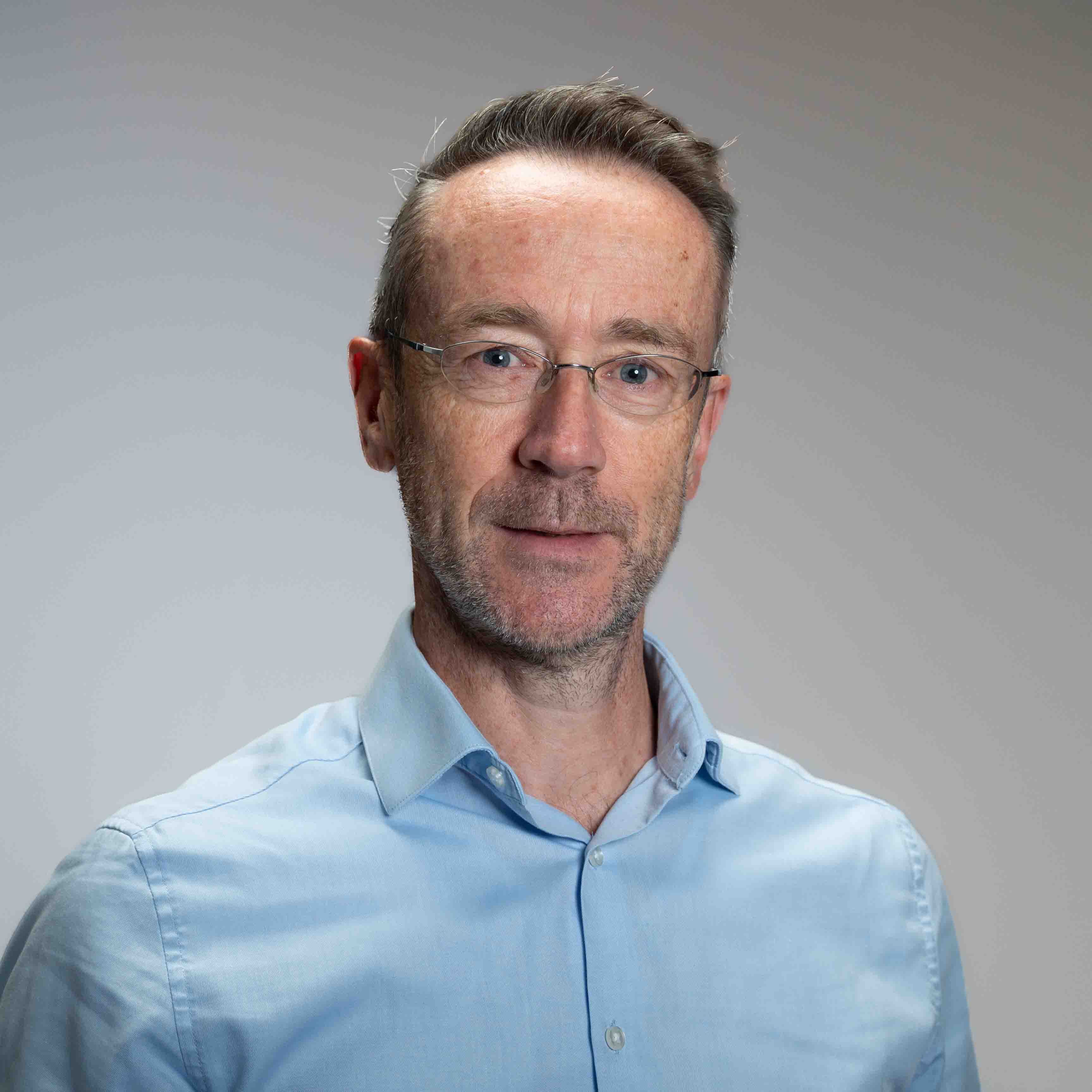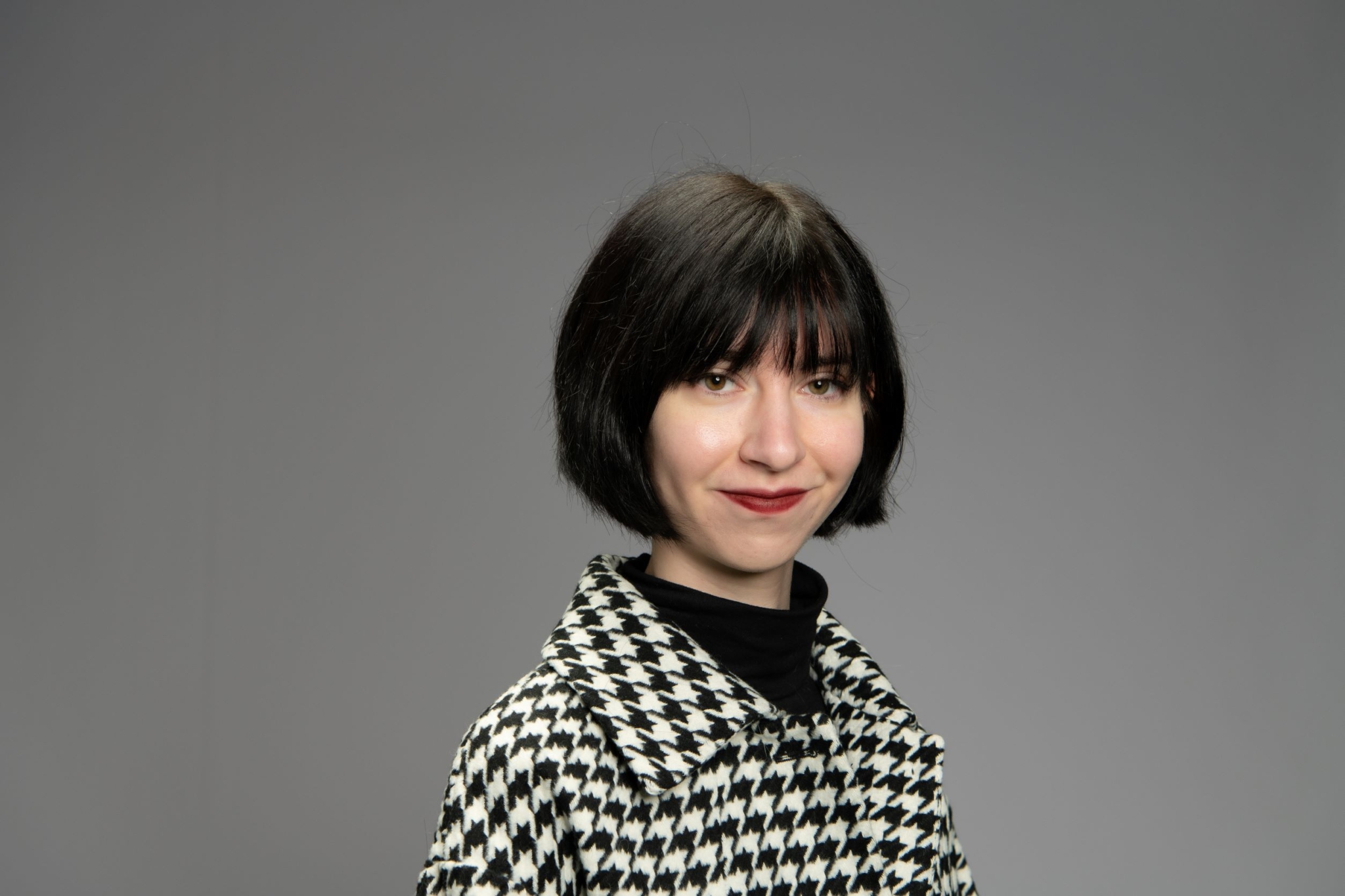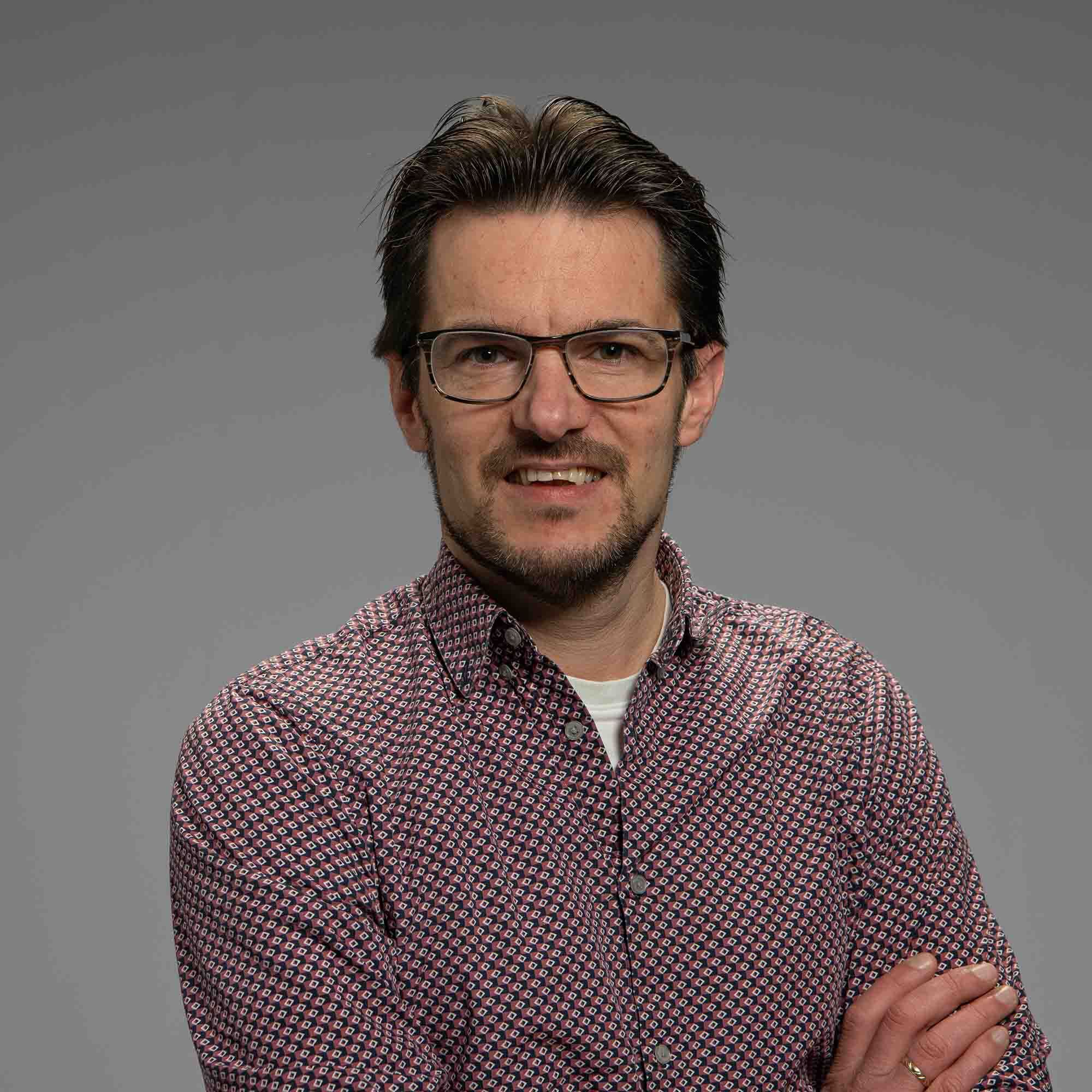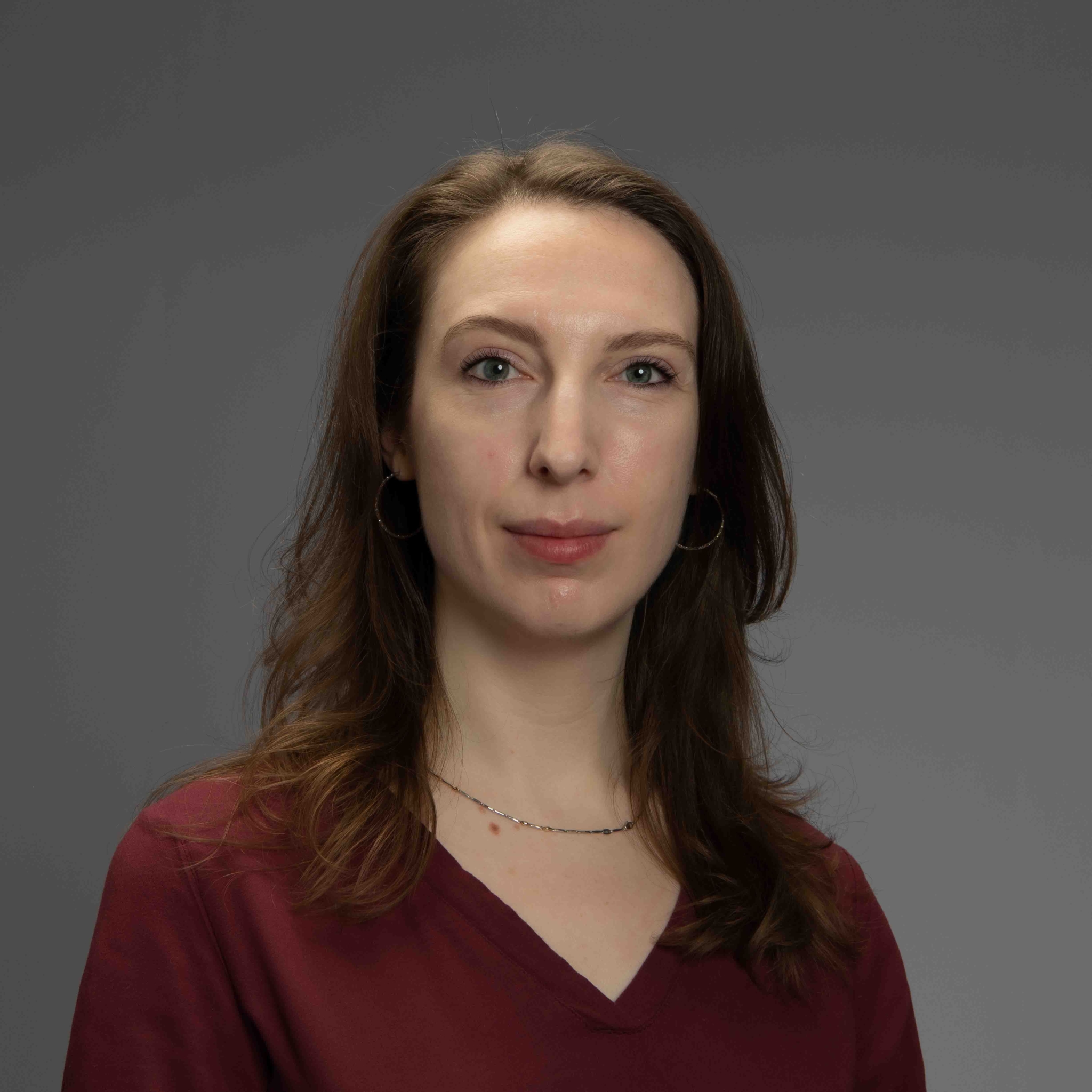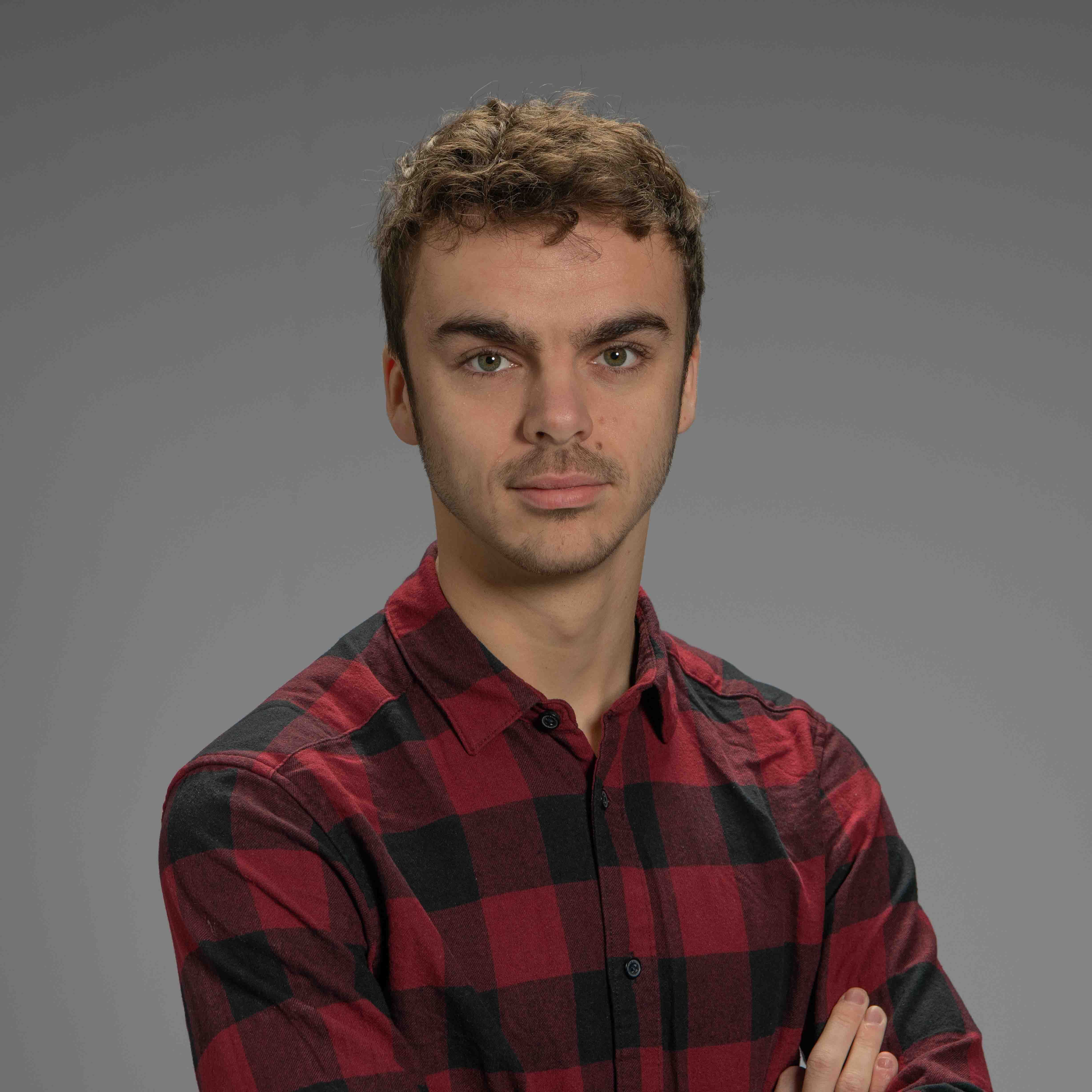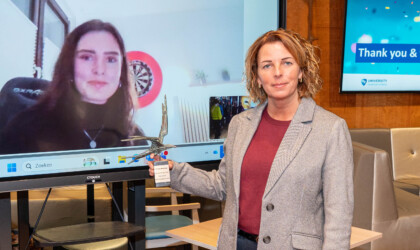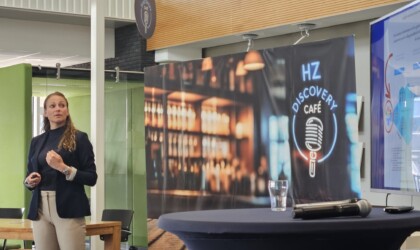The Data Science research group carries out applied research into the creation of data products. It focuses particularly on products that are important in a delta area such as Zeeland, for example for coastal protection, safety, tourism, food, industry, energy and logistics. The lectorate works together with entrepreneurs, governments and other research groups so that data products can be combined with knowledge from these domains.
With data products, users can take faster, more efficient, more effective and more accurate decisions. Disciplines such as mathematics, statistics, software engineering and machine learning come together in Data Science.
Business understanding
Every data product is based on a research process. In the first, crucial step (business understanding), the question is investigated.
After that, raw data is collected and made suitable for the rest of the process. A possible next step is to visualise the data or communicate it in another way. The data can then be further modelled using machine learning. This includes various techniques such as clustering, predicting, classifying and detecting anomalies. Ultimately, this leads to a data product.
Mischa Beckers is a lecturer in Data Science. He delivered his lectoral address on 16 November 2017: 'Do believe the hype'.
Projects
Zeelandbrug maintenance
The HZ Asset Management and Data Science research groups are collaborating with the province of…

